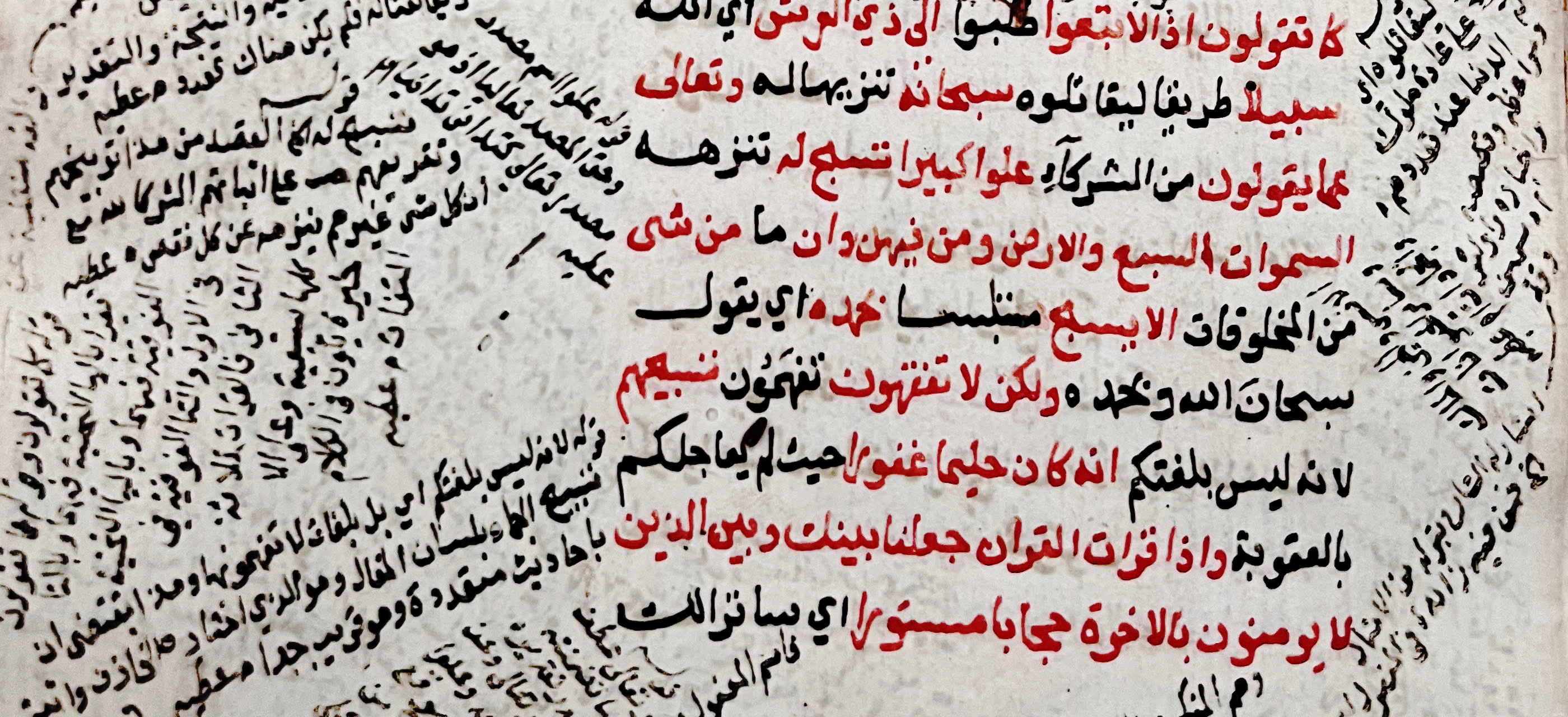Baloch Mashkat (Muscat) and the Sultan Qaboos Era: Cultural Performance, Cosmopolitanism, and Translocal Consciousness
Contenu
- Titre
- Baloch Mashkat (Muscat) and the Sultan Qaboos Era: Cultural Performance, Cosmopolitanism, and Translocal Consciousness
- Créateur
- Murer, George Voir tous les contenus avec cette valeur
- Date
- 2022
- Dans
- Arabian Humanities. Revue internationale d’archéologie et de sciences sociales sur la péninsule Arabique/International Journal of Archaeology and Social Sciences in the Arabian Peninsula Voir tous les contenus avec cette valeur
- Résumé
- Baloch cultural life in Muscat is a vivid part of Oman's national landscape as it has evolved from the time the late Sultan Qaboos took power. Although often typecast as soldiers or police officers, Omani Baloch are deeply integrated into a broad spectrum of professions and social milieus. These include communities of arts and letters at the heart of the Omani cultural renaissance championed by the late Sultan and embodied in institutions such as Royal Opera House, the Muscat International Film Festival, and the Oud Hobbyists Association. The many nuances to Baloch identity have led to a plurality of social spaces, from literary forums intertwined with South Asian intellectual spheres to ceremonial contexts in which Omanis of Baloch, Peninsular Arab, and East African heritage converge. Networks of patronage and transnational circulations of songs and poetry among Baloch attest to the longevity of Western Indian Ocean circuits of cultural exchange.
- Sujet
- #nosource Voir tous les contenus avec cette valeur
- Langue
- eng
- numéro
- 15
- issn
- 1248-0568
- Titre abrégé
- Baloch Mashkat (Muscat) and the Sultan Qaboos Era
- Droits
- Ce document est mis à disposition selon les termes de la Licence Creative Commons Attribution - Partage dans les Mêmes Conditions 4.0 International.
Murer, George, “Baloch Mashkat (Muscat) and the Sultan Qaboos Era: Cultural Performance, Cosmopolitanism, and Translocal Consciousness”, 2022, bibliographie, consulté le 7 septembre 2024, https://ibadica.org/s/bibliographie/item/13416
Position : 30778 (1 vues)

